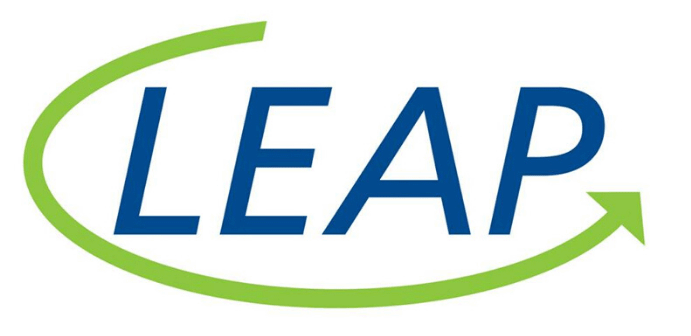Cross-Disability: Serving All Types of Disabilities
Posted on 05/07/25 by Isabel in Independent Living
Centers for Independent Living (CILs) are designed to support community members with all types of disabilities. This inclusive approach ensures everyone in the disability community can access the support they need.
In the 2024 program year, the following were the most to least common primary types of disabilities reported by LEAP consumers:
- Cognitive Disabilities - 533 consumers
- Physical Disabilities - 227 consumers
- Mental/Emotional Disabilities - 56 consumers
- Hearing-related Disabilities - 13 consumers
- Vision-related Disabilities - 7 consumers
- Multiple Disabilities - 3 consumers
- Other - 14 consumers
Please note that the data above is limited due to limitations in our reporting system.
Offering cross-disability programs and services is a key distinction of a Center for Independent Living. Many other disability organizations focus on a specific type of disability or diagnosis; CILs and other disability services frequently collaborate to ensure all people receive the support they prefer.
For instance, in August 2014, LEAP led a group of 19 disability agencies in establishing ADA Cleveland, now known as the Northeast Ohio Coalition of Disability Organizations (NOCDO). These agencies collaborate to advocate for and protect the rights of individuals under the Americans with Disabilities Act (ADA).
Establishing connections with these organizations fosters community, promotes inclusivity, and enhances access to resources within the disability community. Even so, Centers for Independent Living are equipped to support anyone in the disability community with their decision to live independently.
Whether someone has a physical, sensory, cognitive, or developmental disability, they are welcome at a Center for Independent Living.



